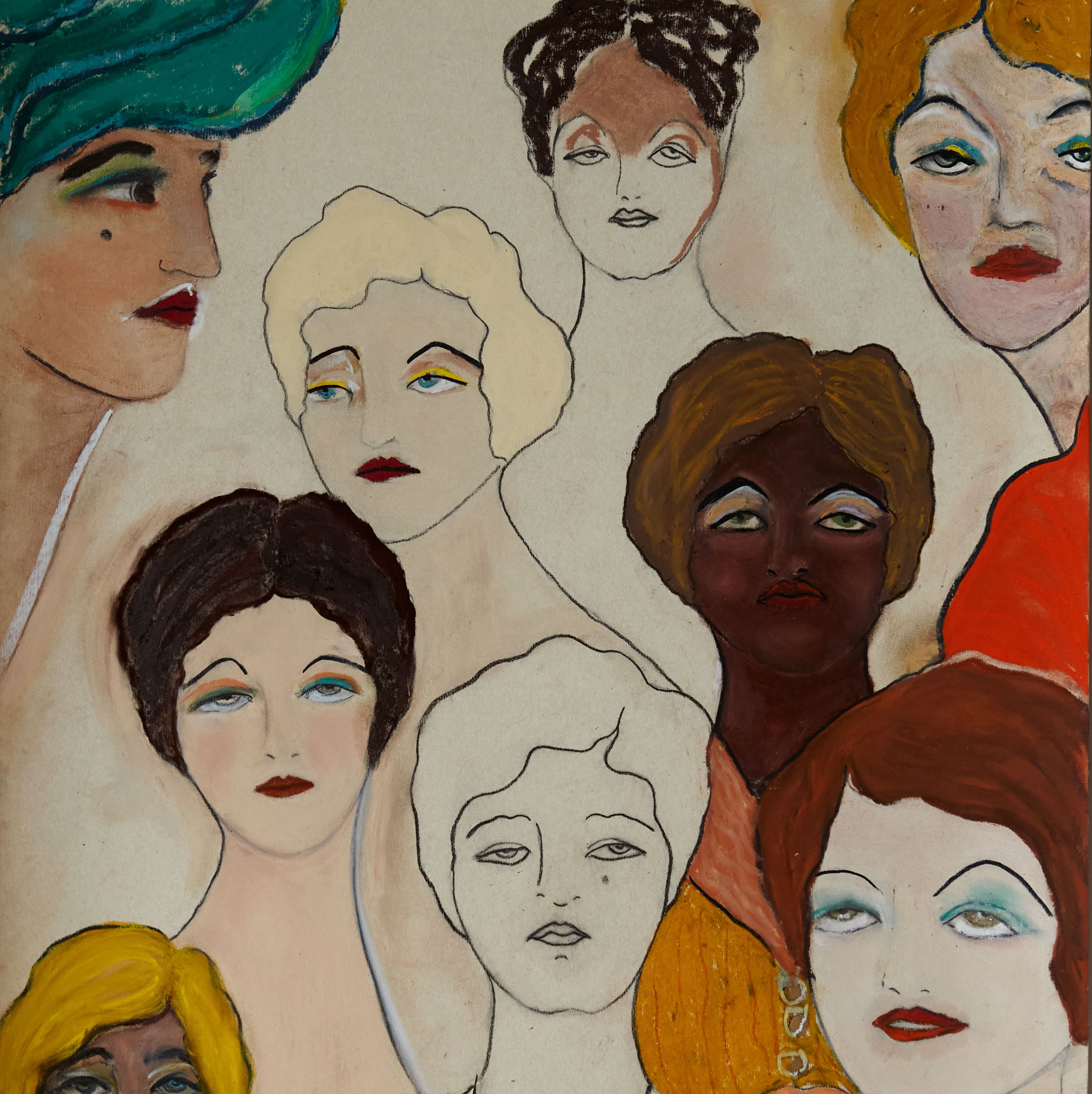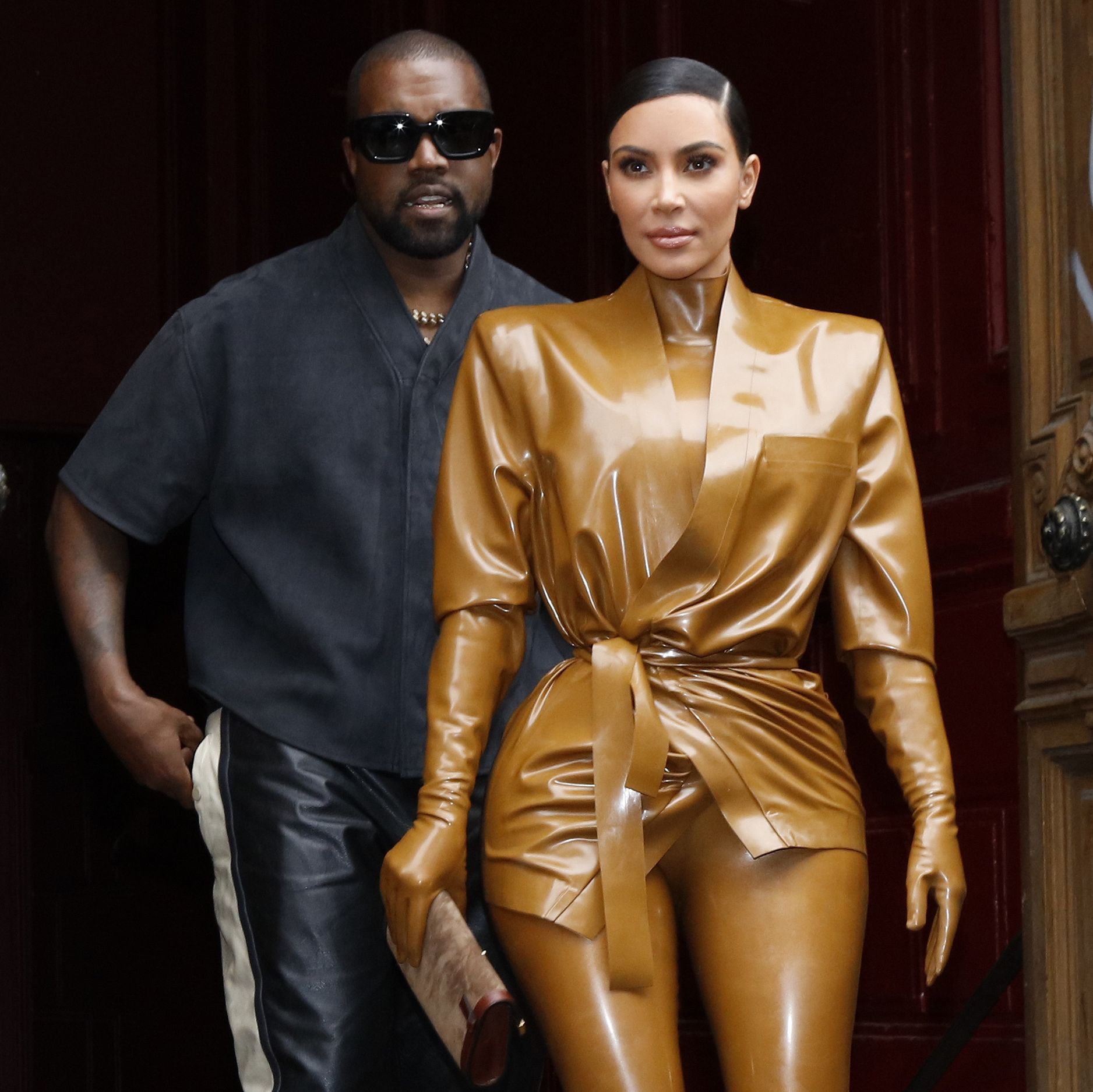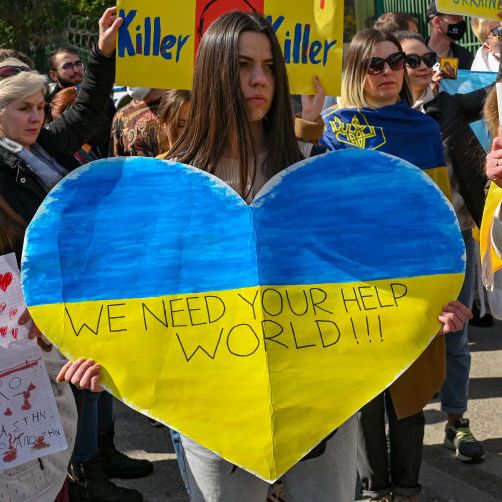To this day, I find it hard to tell the story of how I got sick. All I can say is that in my twenties and thirties, I got very ill very slowly. When I was 21, I began to experience strange neurological sensations, including vertigo when I walked up and down stairs. I had daily hives for a year. Then I began suffering from drenching night sweats. My doctors were reassuring. When I asked if something might be wrong with me, they reminded me that my labs looked mostly fine, even if I was always a little anemic, or had a few strange results here and there. Still, everyone had anomalies. I did work a lot. Maybe it was stress. No one believed I was ill—not even I did, exactly. I thought that perhaps I was sensitive or anxious.
When I was 35, my health took a striking downward turn in the months after a trip to Vietnam, during which a vivid rash appeared on my right arm. But it took a few years before I understood clearly that I was not only sick, I was living at the edge of medical knowledge. I had been intermittently unwell since I graduated from college in 1997, but my symptoms were now un-ignorable. I suffered from extraordinary levels of fatigue and brain fog so severe that at times I couldn't walk around the block without collapsing afterward. (Words like fatigue do nothing to capture the severity of this experience.) But no one knew why. Trapped in a body that wasn't working, I embarked on a complicated and obsessive quest for answers. I was met with both cutting skepticism and authentic concern from clinicians, friends, and colleagues. I tried many therapies and approaches toward healing during my search for an effective treatment, but in the meantime, the mysterious chronic illness I lived with got worse, not better, leaving me feeling almost entirely unrecognizable to myself.

 To this day, I find it hard to tell the story of how I got sick. All I can say is that in my twenties and thirties, I got very ill very slowly. When I was 21, I began to experience strange neurological sensations, including vertigo when I walked up and down stairs. I had daily hives for a year. Then I began suffering from drenching night sweats. My doctors were reassuring. When I asked if something might be wrong with me, they reminded me that my labs looked mostly fine, even if I was always a little anemic, or had a few strange results here and there. Still, everyone had anomalies. I did work a lot. Maybe it was stress. No one believed I was ill—not even I did, exactly. I thought that perhaps I was sensitive or anxious.
When I was 35, my health took a striking downward turn in the months after a trip to Vietnam, during which a vivid rash appeared on my right arm. But it took a few years before I understood clearly that I was not only sick, I was living at the edge of medical knowledge. I had been intermittently unwell since I graduated from college in 1997, but my symptoms were now un-ignorable. I suffered from extraordinary levels of fatigue and brain fog so severe that at times I couldn't walk around the block without collapsing afterward. (Words like fatigue do nothing to capture the severity of this experience.) But no one knew why. Trapped in a body that wasn't working, I embarked on a complicated and obsessive quest for answers. I was met with both cutting skepticism and authentic concern from clinicians, friends, and colleagues. I tried many therapies and approaches toward healing during my search for an effective treatment, but in the meantime, the mysterious chronic illness I lived with got worse, not better, leaving me feeling almost entirely unrecognizable to myself. His lawyers claim they're "hearsay." Still in love after all these years. Here's what you can do today. How long will we have to wait for more episodes? |








No comments:
Post a Comment